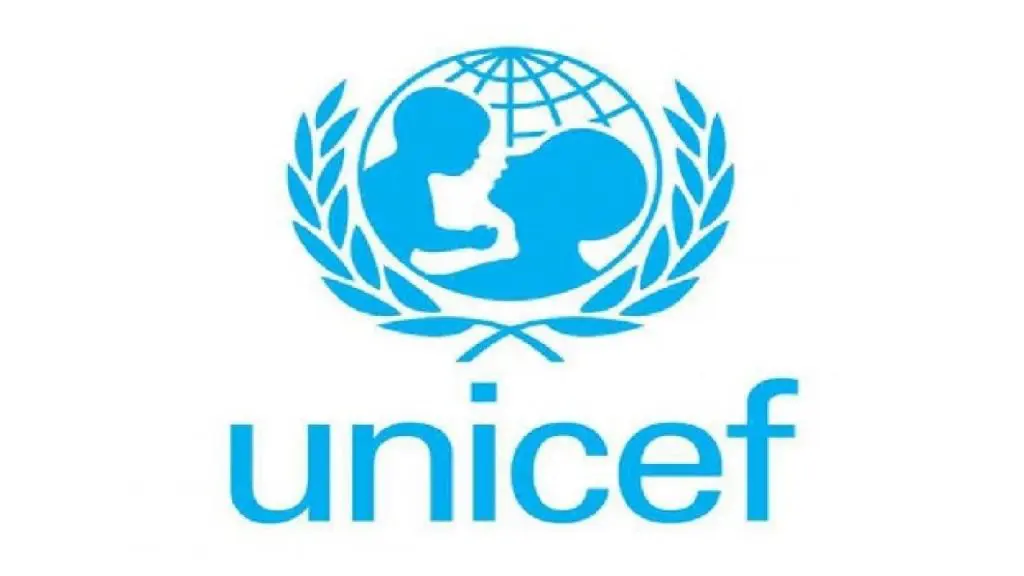The United Nations Children’s Fund (UNICEF) has warned of a looming health crisis in Nigeria, as 200 million citizens are at risk of contracting 17 Neglected Tropical Diseases (NTDs).
The organisation highlighted the urgent need to address open defecation as a key driver of these diseases.
At a two-day media dialogue in Lagos, UNICEF’s Chief of WASH, Jane Bevan, emphasised the preventable nature of NTDs like schistosomiasis, trachoma, and intestinal worms.
She stressed that the continued practice of open defecation, poor hygiene, and lack of access to clean water significantly exacerbate the vulnerability of millions to these diseases.
According to the WASH National Routine Mapping (WASHNORM), 47 million people in Nigeria practice open defecation, while only 18 percent of the population has access to safely managed sanitation services. Ebonyi State leads in open defecation rates, followed by Plateau State, while Zamfara State has the lowest rate.
Addressing journalists during a two-day media dialogue on “Ending Open Defecation in Nigeria and Elimination of Neglected Tropical Diseases” in Lagos, UNICEF Chief of Water, Sanitation and Hygiene (WASH), Jane Bevan said many of the NTDs are transmitted through poor sanitation, adding that “Unless we all practice safe sanitation and hygiene, there is a risk that we will all get more NTDs.
Bevan said that practicing hand washing is perhaps the most affordable immunisation that all Nigerians, including children, can receive that will actually assist to save lives and avoid some of these diseases
“We have been able to achieve 126 open defecation-free LGAs in the country and we are working hard to ensure more LGAs achieve open defecation-free (ODF) status,” she added.
To combat this crisis, UNICEF and its partners are intensifying efforts to end open defecation by 2030. This involves constructing sanitation facilities, implementing hygiene education programs, and engaging communities to promote behavioral change.
Bevan stressed that ending open defecation is crucial for reversing the trend of NTDs, adding that practicing handwashing is a simple yet effective way to prevent these diseases.
Also speaking, UNICEF WASH Specialist, Monday Johnson, echoed this sentiment, highlighting Nigeria’s high burden of NTDs and the role of open defecation in spreading them.
UNICEF WASH Specialist, Mr Monday Johnson said Nigeria has the highest NTD burden in Africa and open defecation remained a significant contributor to the spread.
He listed some of the NTDs to include; onchocerciasis, schistosomiasis, trachoma, lymphatic filariasis, soil transmitted helminthiasis (STH), among others are transmitted through contaminated soil and faeces, perpetuating a cycle of poverty, malnutrition, and ill health.
“By addressing open defecation, we can significantly reduce the transmission of NTDs, improved sanitation and hygiene practices can break the cycle of infection, protecting vulnerable populations, especially children and women”, he added.
Linking how open defecation fuels NTDs, Johnson said: “NTDs are a proxy for poverty which prevails among vulnerable and marginalised populations. NTDs and poor access to WASH contribute to a vicious cycle of poverty and disease. NTDs can lead to catastrophic health expenditure and reduced economy.
On what UNICEF is doing to end open defecation in Nigeria, Johnson said UNICEF works very closely with governments and the Clean Nigeria Campaign to make a difference on the issue of poor sanitation and open defecation in the country.
The National Coordinator of the Clean Nigeria Campaign, Mrs Chizoma Opara, acknowledged the challenges in achieving open defecation-free status by 2030, including infrastructure deficits, funding gaps, and weak policies.
She emphasized the need for increased investment in sanitation facilities and stronger government commitment.
Despite these challenges, Opara expressed optimism about the campaign’s potential to achieve its goals of eliminating open defecation, improving sanitation coverage, and implementing effective fecal sludge management systems..
Also speaking, UNICEF’s communication officer, Blessing Ejiofor, urged the media to raise awareness about the dangers of open defecation and the need to end this practice, emphasizing that addressing sanitation is crucial for achieving broader health goals in Nigeria.
TO READ MORE NEWS UPDATES; CLICK @ https://www.voiceairmedia.com
NOTE: YOU can join our WhatsApp, Telegram for the news updates you need by sending your name & location to WhatsApp No. @ Wa.me/+2348111142174




